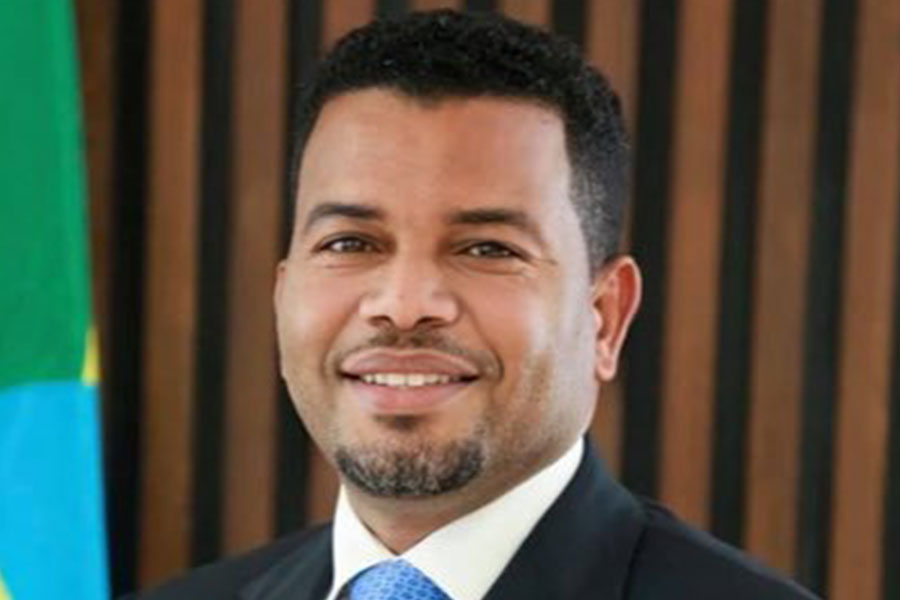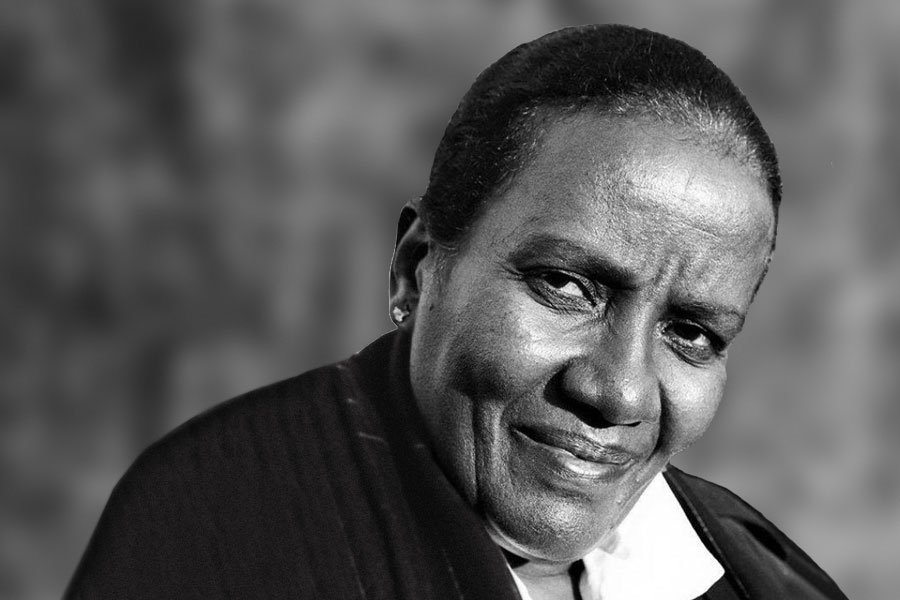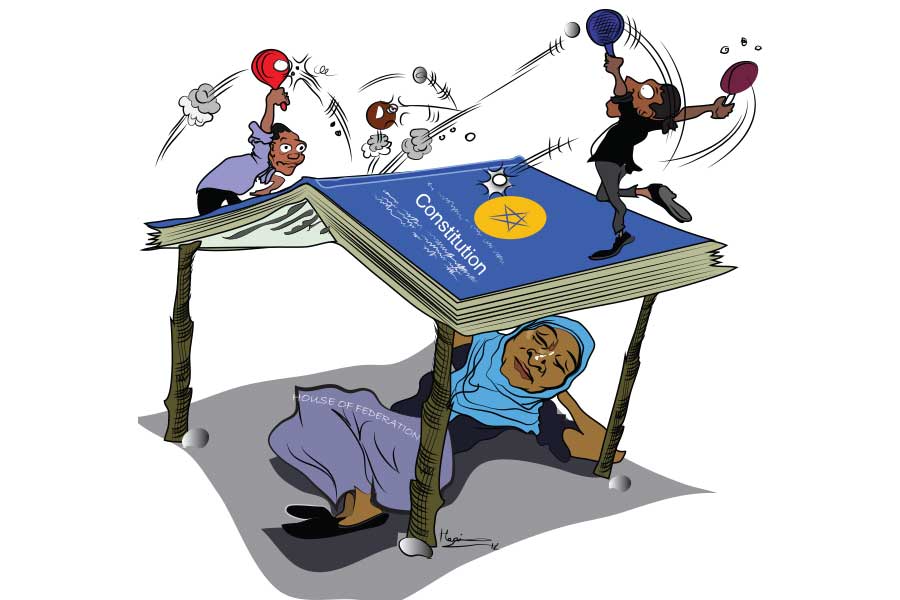
Feb 27 , 2021
By Carolyn Kissane
Sometimes two close friends get into a heated argument in front of us, and we are asked to step in and play the role of referee. This presents quite a dilemma. We do not want to side with the person that is at fault, because that would inevitably make the other one feel bad. At the same time, our consciousness tells us to be fair and tell the truth regardless of the outcome.
We try to make peace and not to take sides. But when one or both of the close friends are in our faces, insisting we declare who was wrong and tell the other person to realise their mistake, it puts us in a difficult place.
Truth is sometimes ugly, but it also depends on who is looking at it. For a person hearing it, there will undoubtedly be a pain. For whoever is telling the truth, then it is a relief. I found myself in this tight space, not knowing what to say to calm my two close friends.
They were both angry and felt betrayed by the other. They were being mean and saying stuff to hurt each other. One of them has always been paranoid and thinks everyone is out to get her. The other, while rational, has temper issues and cannot explain herself without either being angry or raising her voice.
“It ends today. I can't keep this anymore,” said the one with the temper issues when I told her to walk away and keep the peace. “She had to know that she is wrong, and I do not like how she treats other people. Even though she is kind, her words are like a sword that cuts through and bleeds you.”
Meanwhile, the other one was in tears, shouting “How could you say that about me, especially after all the things I've done for you.”
She then opened a chapter from their past, which is rarely a good idea when the goal is to get along and defuse the tension. Things escalated afterwards. There were denials, insults and crying, and sometimes a pittance of apologies. The paranoid friend was too caught up in the fight to either accept an apology or let go. She kept going on and on like a broken record.
The bystander between these two friends was me, throwing around generalities like, “Do not say stuff you would later regret,” or “You don't mean any of the things.”
It did not help. As in Ethiopia’s politics, each one was out to score an absolute victory. One of them finally said they had had enough and that after this, they are no longer friends. Both of them also made it clear that my diplomacy was unhelpful.
Thus, after freezing for a few minutes, I decided to bite the bullet and tell the truth. With a mellow voice, I told one of them that while I did not want to take sides, her assertions were incorrect. I phrased it as delicately as possible. To the other one, I insisted that her words were indeed harmful and insensitive.
They did not agree, but at least both of them were quiet, contemplating their words. One of them left while the other continued voicing unpleasant things. By that point, I was just fed up.
What if I spoke then and said what I felt? Would she hate me or never talk to me again? Are her feelings going to get hurt? What would the other friend say when she learns that I did not defend her?
Thoughts after thoughts, but nothing came out of my mouth. I hated not being able to pass fair judgment, scared of telling the truth. But my lips were sealed, and I could not say anything. I felt weak.
How many of us find ourselves in this position?
We are left in the position of bystanders, afraid to speak out either because we are worried that we will make matters worse or unconvinced that anything we do can help.
PUBLISHED ON
Feb 27,2021 [ VOL
21 , NO
1087]


Radar | Jun 27,2020

Radar | Sep 19,2020

Fortune News | May 28,2022

Commentaries | Jun 11,2022

Obituary | Mar 21,2020

Viewpoints | Jan 15,2022

Commentaries | Apr 16,2022

Radar | Nov 14,2020

Radar | Mar 23,2019

Editorial | May 08,2020

My Opinion | 131659 Views | Aug 14,2021

My Opinion | 128023 Views | Aug 21,2021

My Opinion | 125985 Views | Sep 10,2021

My Opinion | 123610 Views | Aug 07,2021

Dec 22 , 2024 . By TIZITA SHEWAFERAW
Charged with transforming colossal state-owned enterprises into modern and competitiv...

Aug 18 , 2024 . By AKSAH ITALO
Although predictable Yonas Zerihun's job in the ride-hailing service is not immune to...

Jul 28 , 2024 . By TIZITA SHEWAFERAW
Unhabitual, perhaps too many, Samuel Gebreyohannes, 38, used to occasionally enjoy a couple of beers at breakfast. However, he recently swit...

Jul 13 , 2024 . By AKSAH ITALO
Investors who rely on tractors, trucks, and field vehicles for commuting, transporting commodities, and f...

Jun 28 , 2025
Meseret Damtie, the assertive auditor general, has never been shy about naming names...

Jun 21 , 2025
A well-worn adage says, “Budget is not destiny, but it is direction.” Examining t...

Jun 14 , 2025
Yet again, the Horn of Africa is bracing for trouble. A region already frayed by wars...

Jun 7 , 2025
Few promises shine brighter in Addis Abeba than the pledge of a roof for every family...

Jun 29 , 2025
Addis Abeba's first rains have coincided with a sweeping rise in private school tuition, prompting the city's education...

Jun 29 , 2025 . By BEZAWIT HULUAGER
Central Bank Governor Mamo Mihretu claimed a bold reconfiguration of monetary policy...

Jun 29 , 2025 . By BEZAWIT HULUAGER
The federal government is betting on a sweeping overhaul of the driver licensing regi...

Jun 29 , 2025 . By NAHOM AYELE
Gadaa Bank has listed 1.2 million shares on the Ethiopian Securities Exchange (ESX),...